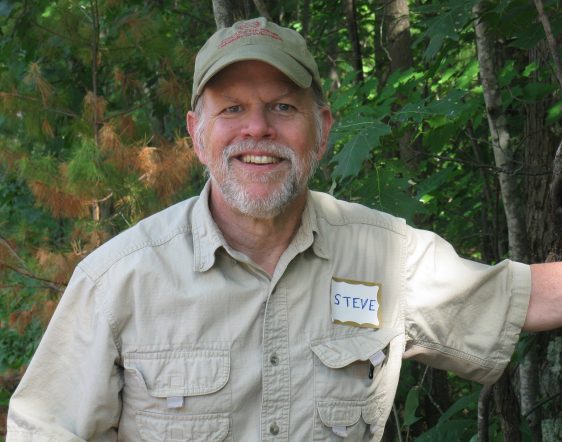Director Emeritus of the Center for Limnology and Stephen Alfred Forbes Professor Emeritus of Zoology
College of Letters & Science | Limnology, Zoology
Dr. Carpenter has worked on water quality and fisheries problems of Wisconsin’s lakes since 1974. He was a co-founder of the Resilience Alliance for studies of social-ecological change. He served as a co-chair of the Millennium Ecosystem Assessment, the first global evaluation of the services that people obtain free from nature. Dr. Carpenter is a member of the U.S. National Academy of Sciences and foreign member of the Royal Swedish Academy of Sciences.
Talks:
Exploring the Future of Madison’s Lakes
Like many lakes in urbanizing agricultural watersheds, the lakes of Madison are undergoing enrichment with nutrients, invasion by non-native plants and animals, and intensive management of fisheries. The talk presents a transdisciplinary effort to envision plausible futures for the lakes and analyze the possibilities using a suite of biophysical models.
The Phosphorus Paradox
Phosphorus is chemical element that is essential for life and is rare on our planet. Nonetheless excessive phosphorus from fertilizer and manure causes explosive growth of toxic algae in lakes, rivers, and coastal oceans. The talk summarizes the status and trends in the global phosphorus budget and offers ideas for conservation of this rare, yet highly polluting, resource.
Measuring Resilience to Abrupt Change in Ecology
Complex systems in psychology, society, or ecology can have thresholds that mark massive shifts in the characteristics of the system. Resilience is the amount of stress that the system can withstand before crossing a threshold. Certain types of variability in stressed systems indicate changes in resilience. The talk describes experimental tests of this idea using lakes.
Additional Resources:
A/V and Set-Up Needs:
